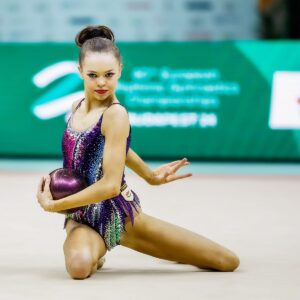The conflict in Ukraine has forced NATO to note one important aspect in which the alliance lags significantly behind Russia: artificial intelligence. “NATO is not developing fast enough to get ahead of Russia, which is learning quickly in a real conflict, while NATO is limited to tests and hypotheses,” James Stavridis, former Supreme Commander of NATO’s Combined Armed Forces in Europe, expressed this opinion on the pages of Bloomberg.
According to him, over time, AI will become a powerful tool on the battlefield — from creating avatars that can advise commanders on strategy, to weapons systems that combine unmanned systems on land, sea and air. Smart machines can also significantly improve maintenance and logistics during the war, increasing the efficiency of the army. If we compare Russia and the West, it becomes obvious that “NATO is losing in this race,” Stavridis says.
Despite the fact that the alliance has made several strong political statements about the need to create coordinated cyber capabilities throughout the bloc, there is no result in a practical sense. As a senior military figure explains, NATO’s overall efforts are under-resourced and hampered by the unwillingness of member countries to fully share their capabilities — largely due to countries’ concerns about the leakage of their high technologies.
@ino_tv




